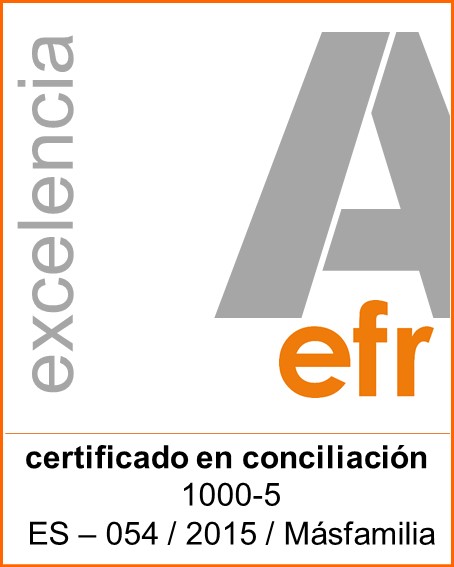Ten ideas to help you understand Facility Management, whether you are a Facility Manager or not:
- Facility Management is a Bachelors Degree since 1990 and it’s a three or four year program at over 60 universities in about 20 different countries.
- Facility Management is a business discipline which aims to support organizations and always aligned with their strategy. Amongst others, it contains the following areas: Corporate Real Estate, Asset Management, Energy and Sustainability, Workspace, Project Management, Business Continuity and, of course, Facilities Services Management, the best known of all.
- Facility Management is a function or a support department and, depending on the organization, its functions and goals may change. This can be a result of the company’s activity or its organizational chart. It is the organization who decides what it assigns to whom and the authority each stakeholder has regarding all the needs that must be met to support the company business.
- The Facility Management functions will be closer to the business the closer the company’s activity is to space or workplace surroundings. There will be some relationship between the company’s activity and space at an office or something similar, but this relationship will be closer at a shopping mall or at a hospital and it will be even closer at a hotel, where it is difficult to distinguish between what is business and what is support. The concept that FM takes care of everything that is “non-core” is debatable and it will depend on the type of building and its relationship to the business.
- Every company has an area or several areas that take care of the responsibilities and services Facility Management can handle. The main department can have different names, such as General Services, Central Services, Shared Services, Buildings, etc.
- Every company has one or several people (whatever their job title is) in one or several departments who develop Facility Management activities. At small companies there will be a person who does a bit of everything and bigger companies will have more people and more specialized professionals.
- A Facility Manager (with this job title because he has a degree) can end up working after finishing his studies on the client’s side, on the side of different kinds of service providers or as an external consultant specialized in any of the FM areas mentioned, as a researcher, etc. It’s similar to what happens to someone who finishes any other University degree; knowledge gives them the ability to work in many different things.
- A Facility Manager (with this job title because he already works in an organization taking care of buildings or services) will have responsibilities such as Energy Management, Workspace Management, Property Management, Service Management or a bit of all of these, if the buildings he manages are not very large.
- Doing Facility Management at a company is not contracting one or several services to a sole provider. This is outsourcing and it’s a solution for service provision that has been done for many years. Outsourcing to just one provider of many services without a FM model (or professional model) is not doing FM; that is contracting a multiservice company.
- A FM contract may contain one or more services, but it always has to contain professionalization elements. These elements make it different from a traditional contract and are characteristic of a Service Level, which is the foundation of FM models, such as risk transfer, control and a complete relationship with every group with-in the organization. They will always bring along with them (whenever outsourcing is necessary) a supplier that understands what the client demands, this is to say, a FM provider.
Author: David Martínez, PhD. Strategic consultant, coach, researcher and international speaker. Renowned Facility and Asset Management expert. Specialized in multicultural property management models and productivity applied to workplace.









